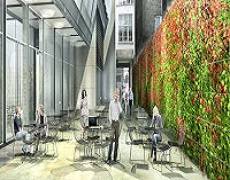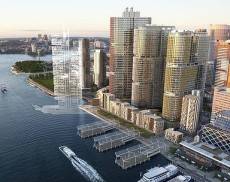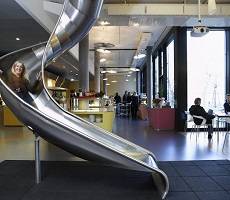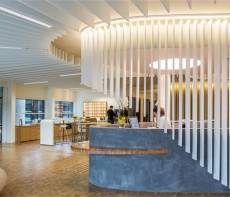June 3, 2014
New guidance published on greening the building supply chain
 A major new report on the building and construction sector, “Greening the Building Supply Chain”, has been launched by the United Nations Environment Programme’s Sustainable Buildings and Climate Initiative (UNEP-SBCI). The report notes that while the need to understand and reduce energy consumption and greenhouse gas emissions from buildings during their operation has become increasingly recognized, efforts related to the resource use in the building supply chain appear to be less advanced. For that reason the scope of the report, co-authored by Skanska, UNEP and IMS Consulting, extends beyond the well-established benefits associated with green buildings themselves (such as energy efficiency). Instead it is intended to help stakeholders better understand resource use in the building and the construction supply chain as a whole, and identify opportunities to promote greater resource efficiency in the sector as well as and contribute towards wider socio-economic goals. More →
A major new report on the building and construction sector, “Greening the Building Supply Chain”, has been launched by the United Nations Environment Programme’s Sustainable Buildings and Climate Initiative (UNEP-SBCI). The report notes that while the need to understand and reduce energy consumption and greenhouse gas emissions from buildings during their operation has become increasingly recognized, efforts related to the resource use in the building supply chain appear to be less advanced. For that reason the scope of the report, co-authored by Skanska, UNEP and IMS Consulting, extends beyond the well-established benefits associated with green buildings themselves (such as energy efficiency). Instead it is intended to help stakeholders better understand resource use in the building and the construction supply chain as a whole, and identify opportunities to promote greater resource efficiency in the sector as well as and contribute towards wider socio-economic goals. More →





























